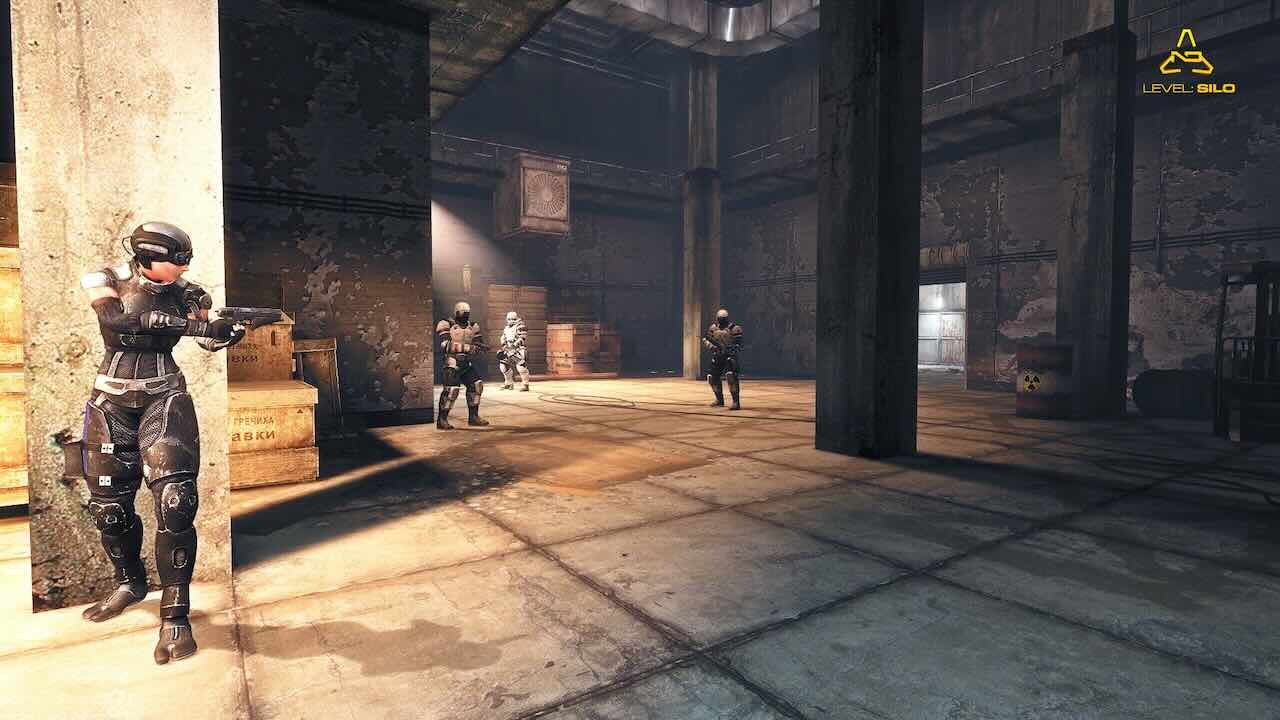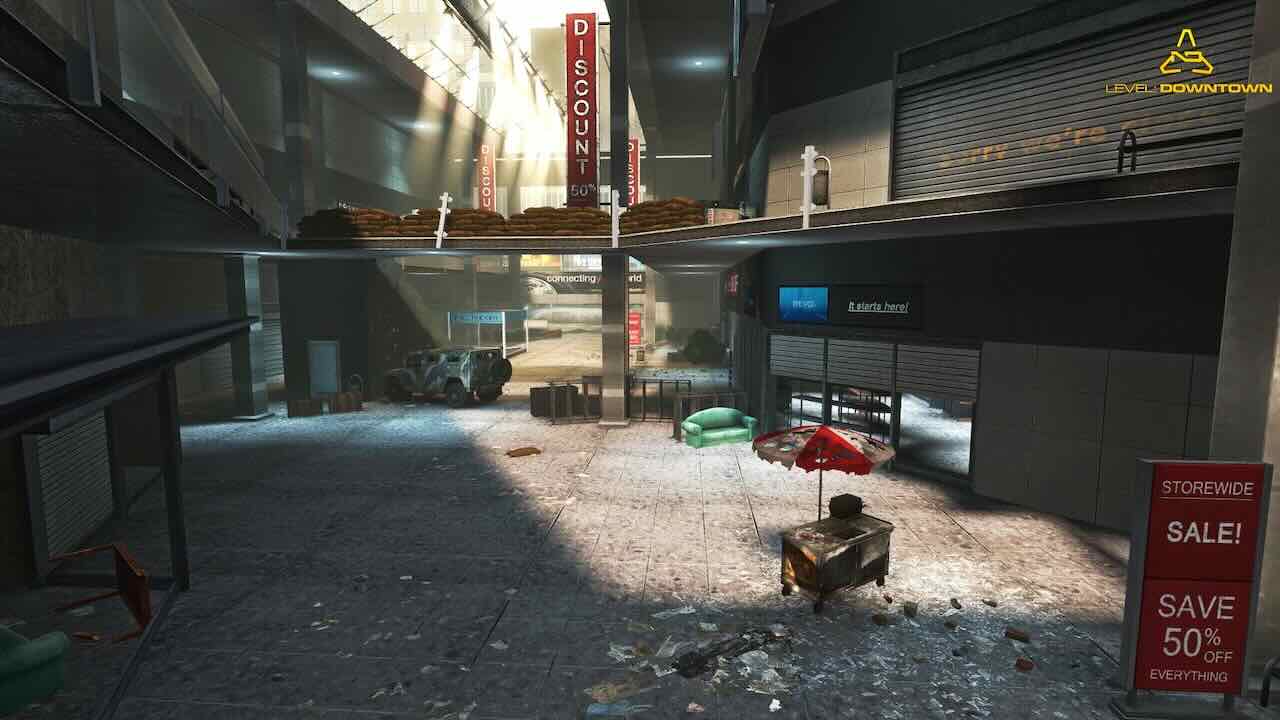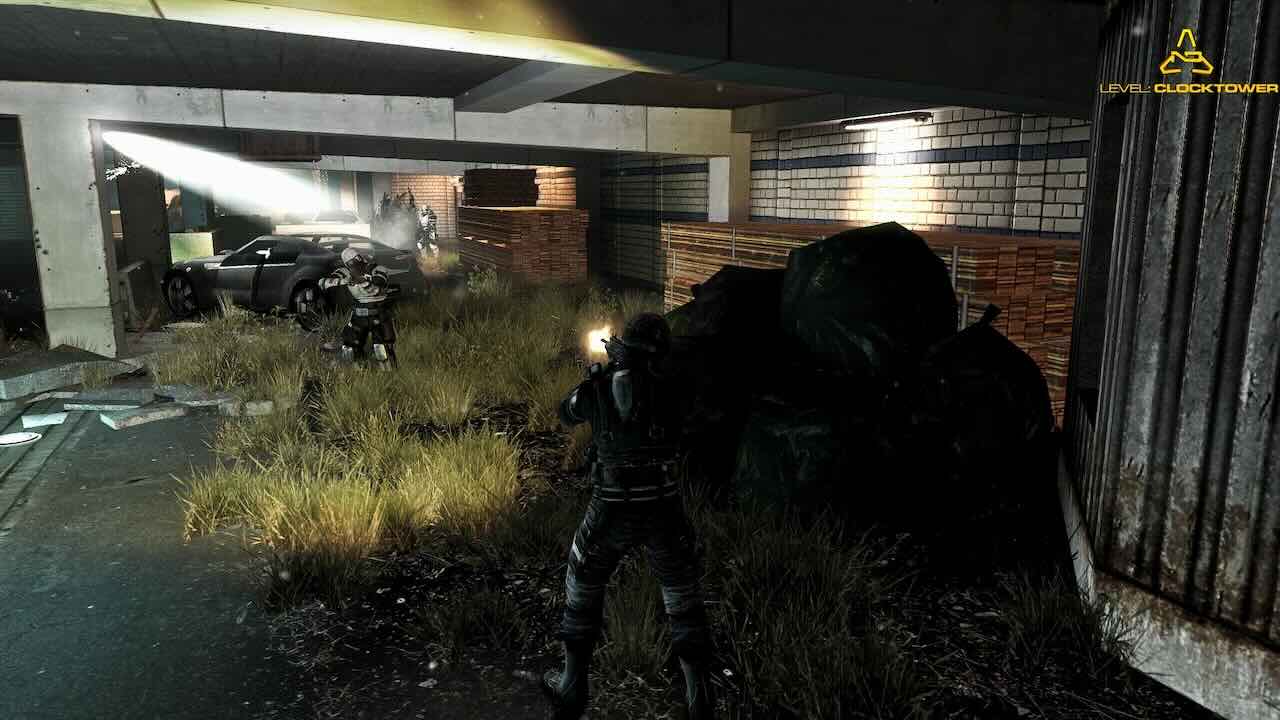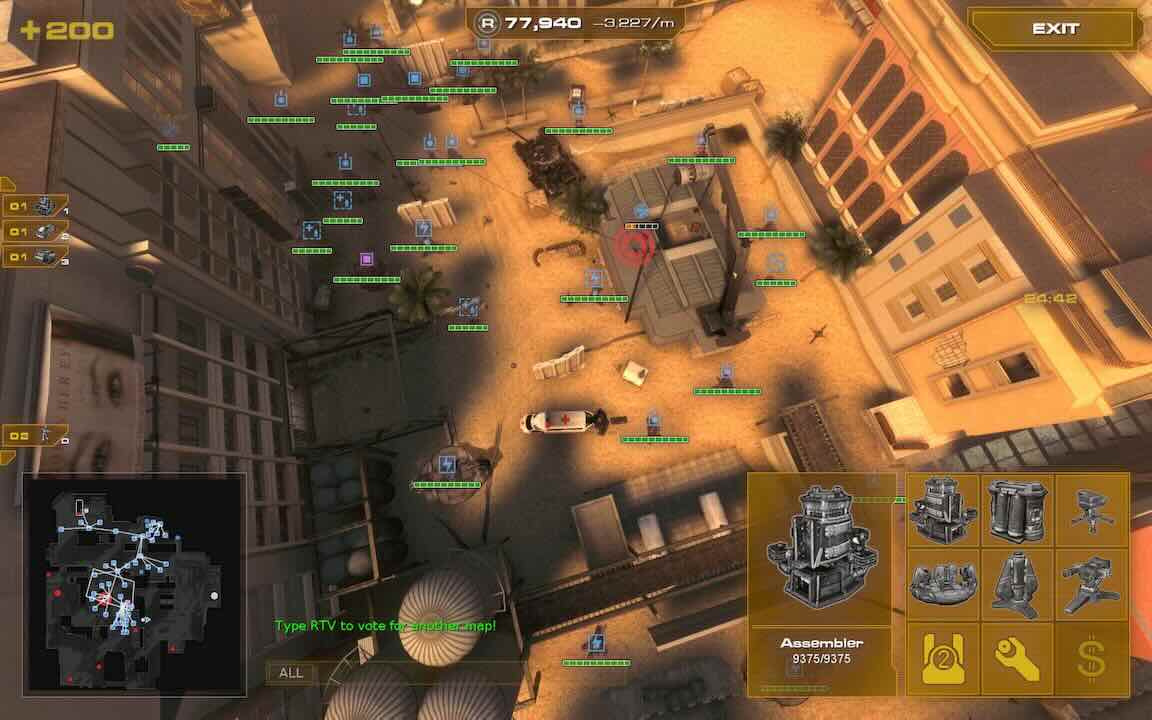The challenge
Video game development is complex, in the exact same sense that a vertically integrated workforce is a complex matrix puzzle to solve. Make the team remote and shrink the budget, and the challenge of producing a AAA-quality game becomes a hairy beast to manage.
The problems
Game development is a relatively new endeavour. Hardware capabilities constantly upgrade, along with the frameworks and techniques required to operate said hardware. The typical lifecycle of a major game console is about 8 years, and the development time of a AAA game is typically 3 years on average, at the time of writing.
To say that game development is akin to alligator dentistry where the alligators constantly upgrade their teeth with lasers and atom bombs would be facetious. It would also be true. To manage such a project was a challenge the board of Techconnect was barely prepared for.




The solution
Designing, developing, and publishing Nuclear Dawn was a crash course in the best laid plans coming to pieces in the face of reality. Much has been said about the advantages and benefits of the many production styles available to modern management, but the simple truth is that so many styles exist because that's how many are needed by the various realities of real-world development.
Scheduling and trying to monitor work hours on a quality-driven product that spans dozens of months of development is a special exercise in futility. On the other hand, letting hyper qualified specialists decide when a job is done is a special exercise in futility. Insisting in equal work conditions and rule for programmers and artists and musicians alike is a special... the message is clear.
Deep knowledge of the various workflows and techniques needed by each team had to be developed in order to actually, fully be able to manage them properly. The solution to the glorious, ever surprising puzzle of game development was to embrace an ad-hoc approach to each different facet, and to embrace the most modern, advanced technologies to be always up to speed on a realistic picture of current development.
The takeaways
Nuclear Dawn was a critical and commercial success. It was also a crash course in the harsh realities of complex software and development teams.
Waterfall scheduling was invented by managers who didn't want to worry about anything but what mattered to them. Agile development was invented by developers who didn't want to deal with the limitations of waterfall techniques anymore. The half-dozen available process management techniques available on the market today each attempt to make sense of these two poles by compensating for a specific scenario.
However, as Nuclear Dawn taught us, the only durable solution is to get your hands dirty to craft the one mixture of techniques that works for you, in the face of half a dozen departments screaming in your ear. And embracing technology. Always embrace technology.